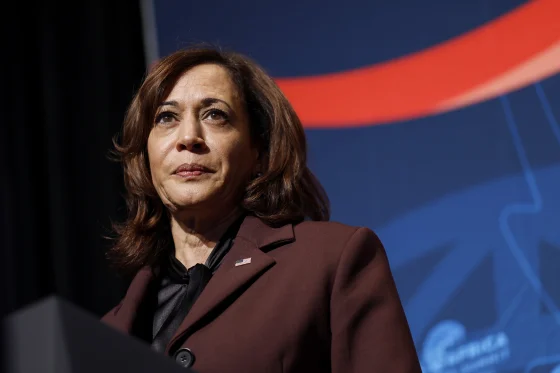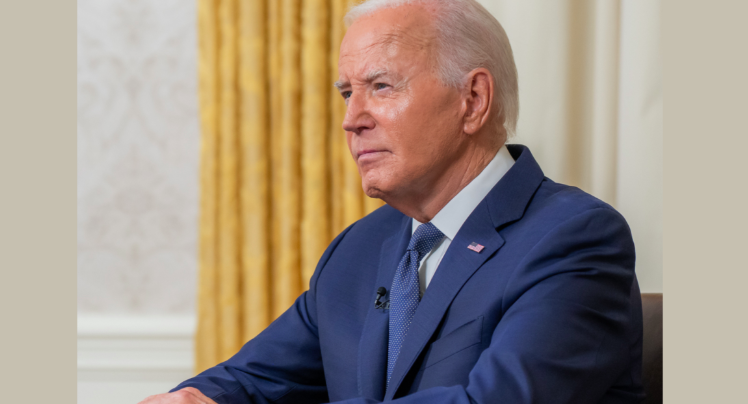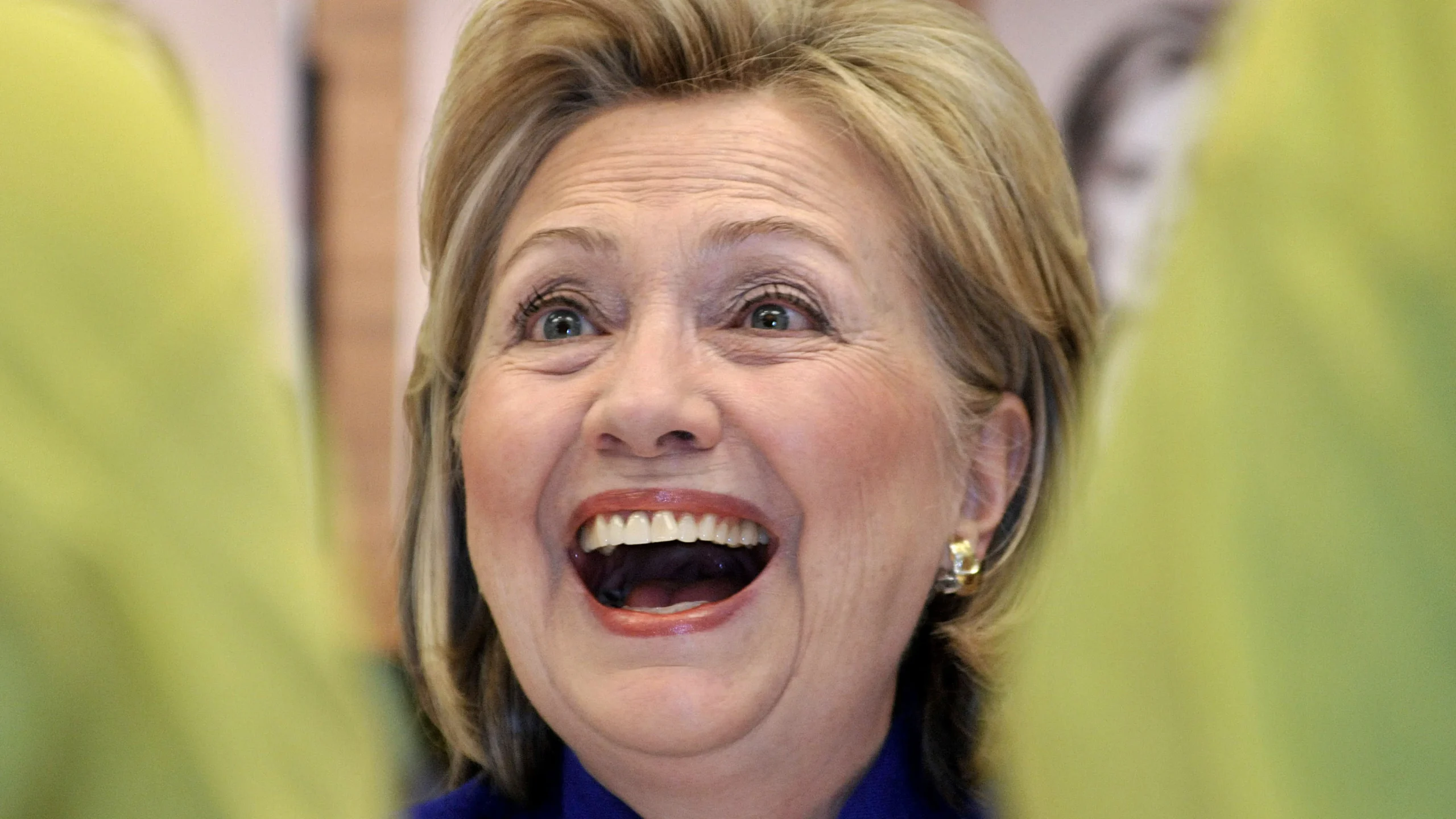Vice President Kamala Harris appears to be taking a page out of President Joe Biden’s 2020 campaign playbook by maintaining a low media profile as the 2024 election approaches.
This strategic approach, resembling what some political analysts have referred to as a “Trojan horse” method, may prove to be a double-edged sword for Harris, who has faced persistent scrutiny and declining approval ratings throughout her tenure.
Harris, the Democratic nominee for president, has not taken questions from reporters in the nearly three weeks since President Biden suspended his re-election campaign – a move that may work to her advantage like it did for Biden in 2020.

“Harris is running a Trojan horse campaign,” Cody Sargent, spokesperson for Heritage Action for America, told Fox News Digital in an interview.
“She’s distracting people with Megan Thee Stallion and rolling out a vice president commercials that don’t really say anything, distracting them with this big shiny object and Trojan horse. But, then inside that horse is socialism, the most radical candidate to ever appear at the top of her presidential ticket, and she’s avoiding doing any media, any real interviews, any sit down”, Sargent added.
Strategic Silence
Harris’s decision to limit media exposure follows Biden’s successful 2020 campaign strategy, where he kept a relatively low profile, allowing the media focus to remain on former President Donald Trump. Harris’s approach, however, has raised eyebrows, particularly within conservative circles.
According to the Fox News article, experts suggest that this low-profile strategy may be an attempt to avoid public scrutiny and the pitfalls of high-visibility campaigning.
Harris’s media presence has been notably subdued, with fewer press conferences and public appearances compared to her predecessors. The rationale behind this strategy appears to be rooted in the belief that minimizing exposure reduces the risk of missteps and negative press coverage.
As the article from WFIN notes, this strategy has led some to argue that Harris is following Biden’s “Trojan horse blueprint,” which ultimately led him to victory in 2020. However, critics argue that Harris’s limited visibility could backfire, as it may reinforce public perceptions of her being unprepared for the presidency.
Criticism and Controversy
The conservative perspective on Harris’s strategy is largely critical.
The WFIN article highlights that many conservatives view Harris’s low-profile approach as a deliberate attempt to distract voters from her controversial record and lack of significant achievements in office. This sentiment is echoed by several political commentators who argue that Harris’s strategy is less about avoiding negative coverage and more about concealing her weaknesses.
A key concern among conservatives is that Harris’s limited media interactions prevent the public from thoroughly vetting her capabilities as a potential future president. The Fox News article underscores the point that Harris’s strategy may allow her to avoid tough questions about her record on issues such as immigration, crime, and economic policy. This avoidance, they argue, does a disservice to the electorate, who deserve transparency and accountability from their leaders.
Additionally, there is skepticism about whether Harris’s approach will resonate with voters, particularly in an era where media engagement is often seen as a measure of a candidate’s relatability and competence. The WFIN article quotes an expert who suggests that while Biden’s strategy worked in 2020 due to unique circumstances, including the COVID-19 pandemic, it remains uncertain whether the same approach will be effective for Harris in a vastly different political landscape.
The Trojan Horse Blueprint
The notion of Harris following a “Trojan horse blueprint” suggests that her strategy might be to win over voters by focusing on broad, uncontroversial themes while avoiding the contentious issues that have plagued her tenure. This approach, as the WFIN article notes, is designed to distract voters from Harris’s more polarizing positions and to present her as a more palatable candidate to the general electorate.
However, the conservative critique of this strategy is that it amounts to a form of political deception. By limiting her exposure to the media and the public, Harris may be attempting to craft a carefully controlled narrative that glosses over her more controversial stances. This tactic, conservatives argue, is not only disingenuous but also undermines the democratic process by preventing voters from making fully informed decisions.
Moreover, there is a growing concern among conservatives that Harris’s strategy may lead to a presidency characterized by evasion and lack of transparency. The Fox News article references the Biden administration’s communication style, which has often been criticized for its lack of direct engagement with the press and the public. If Harris continues on this path, some fear that her potential presidency could be marked by similar issues, raising questions about her ability to lead effectively.
Conclusion
As Kamala Harris continues to follow a low-profile strategy reminiscent of Biden’s 2020 campaign, the implications of this approach are being closely scrutinized. While it may shield her from immediate criticism, the long-term effects on her political standing and the public’s perception of her readiness for the presidency remain uncertain. The conservative critique of this strategy is clear: Harris’s limited visibility may ultimately hinder her ability to connect with voters and prove her competence as a leader.


